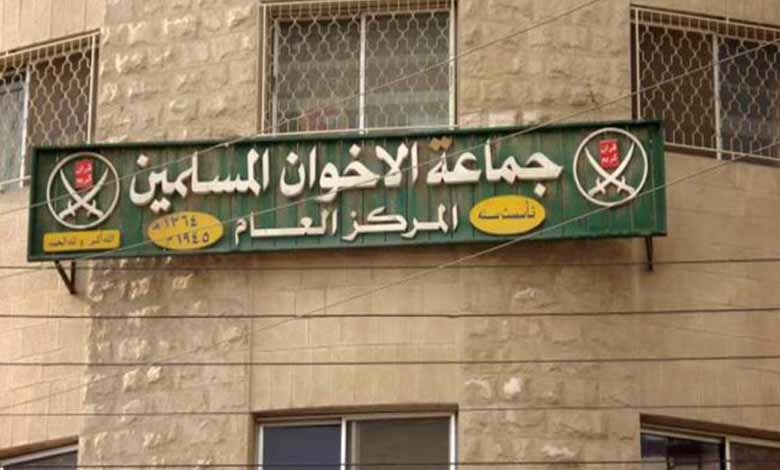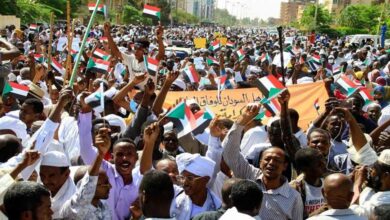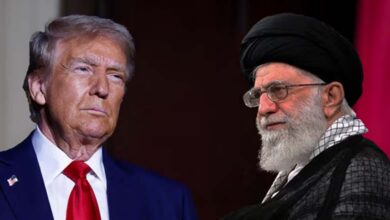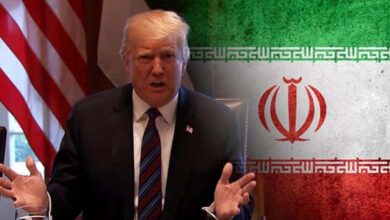The Economist – The Muslim Brotherhood is tearing itself apart

The British magazine “The Economist” describes the ongoing disputes and conflicts within the Brotherhood terrorist organization as “tearing itself apart”.
- Who are those that the youth of the Muslim Brotherhood organization taking sides with?
- The emergence of a third Brotherhood front… Will the Kamalit remove the fronts Hussein and Munir?
The Muslim Brotherhood’s Head Summit is witnessing a major conflict after the group’s former secretary-general, Mahmoud Hussein, dismissed Ibrahim Munir, the interim General Leader, resulting in the freezing of six leaders in the office of the group’s General Advisory Council; which is the highest of the Muslim Brotherhood.
The previously organized movement is tearing itself apart, the magazine said in a report on its website. Disputes between leaders in Istanbul and London, exchange of insults and accusations of corruption, and working for foreign spy agencies exacerbate the organization’s crises.
It quotes Osama Gawish, a former IS member living in Britain: “Instead of sacrificing themselves, they sacrifice the movement”.
The Economist noted that the Brotherhood has had disagreements over strategy and style since its inception, but that these have worsened since the overthrow of the 2013 government in Egypt.
They are now unwelcome in Egypt, especially after the growth of terrorist operations, the magazine said.
The “old guard” prioritized the survival of the Brotherhood and advocated a pragmatic approach to the Egyptian state, while others favored a more confrontational approach and some members turned to violence.
According to several members, the organization’s priority today is to get its followers out of prison, but its efforts were hindered by the emergence of a new dispute between members of the old guard over the organization’s leadership.
There is Ibrahim Munir, who succeeded Mahmoud Ezzat as interim leader after Ezzat’s arrest in Egypt last year, and Mahmoud Hussein, the former general secretary arrested by Munir last October, along with five other senior members accused of corruption.
After the decision was rejected, Hussein and the five members issued a statement dismissing Munir. “Munir, who lives in London, oversees the Brotherhood’s international networks and has good relations with foreign governments”.
However Hussein, who lives in Istanbul, controls the group’s website and bank accounts, and has the keys to its Istanbul-based Watan TV network. Critics accuse him of toppling his opponents in addition to material misappropriations.
Azzam Tamimi, an Islamic thinker in Jordan, said: “Hussein treats the Brotherhood as if it were his own”.
The British magazine explained that the unusual public dispute, which involved defamation campaigns on both sides, has thrown the organization into turmoil at a time when the Brotherhood is struggling throughout the Arab world; elections in Iraq and Morocco ousted them from government, and protests in Tunisia and Sudan swept them from power.
“Many of them inside Egypt are disappointed, some say their leaders have not done enough to reach an agreement with the government to release prisoners, and the Young Brothers also complain that there are no new faces to lead”, the magazine reported.
“In the midst of the struggle for guidance in an organization that relies on hearing and obedience, the Brotherhood is facing its most violent crisis since the 1970s, paving the way for the historic collapse of a violent group established in 1928”.












